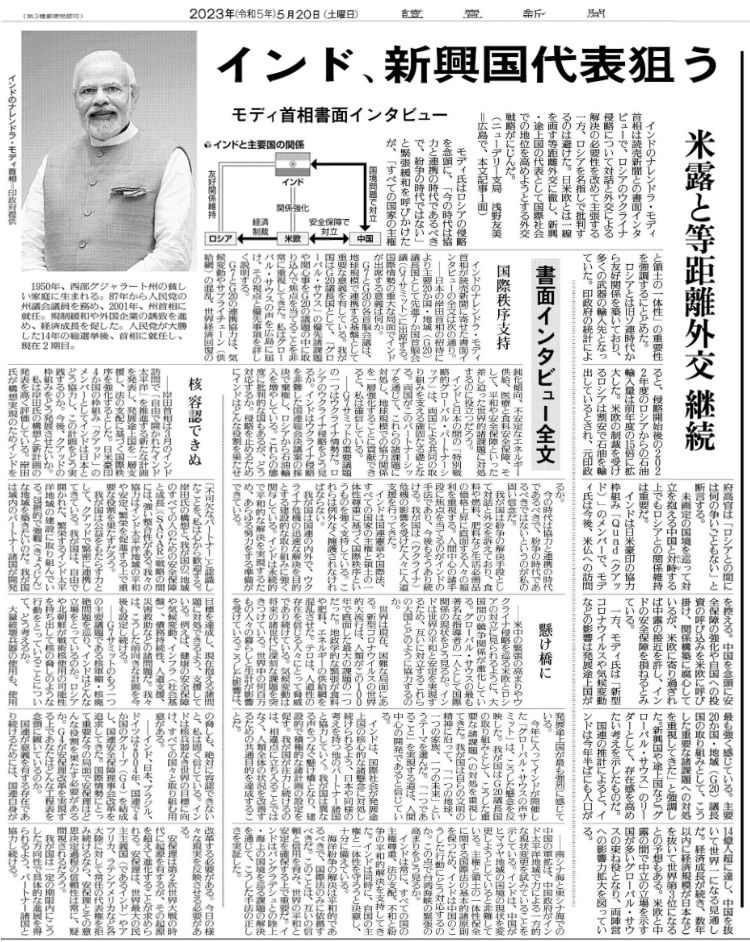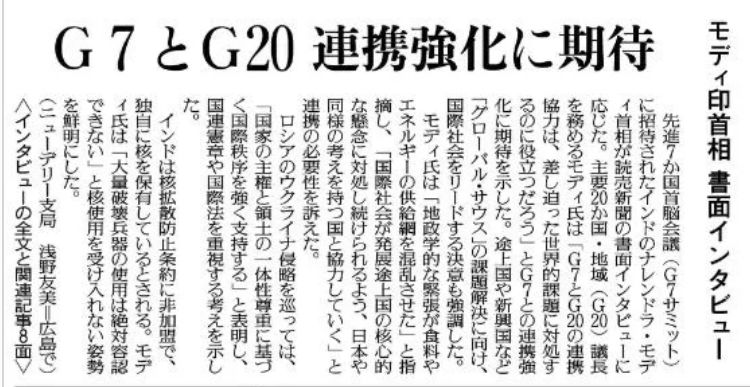chetak wrote:The japs supporting the INA was not to help India but to take on the britshits. They coveted and also desperately needed the resources of India. Their motivations in supporting the INA were not in the least altruistic, but very self serving in the extreme.
*Long Post*
Of course, they were self-centered, of course they would have brutalized us. It is all well-documented in history and is too well known. There is nothing new here.
It is interesting to see how China has handled Japan and learn some lessons. {I am no admirer of Chinese diplomacy but sometimes their patience and cunning are admirable}
Some of the following are excerpts & paraphrases from my paper on China-Japan Relationship, published two years back.
The defeat of the massive Chinese military in the Korean peninsula in c. 1895 eventually led to the demise of the 2500-year-old imperial dynastic rule of China and the eventual takeover of China by Imperial Japan during World War II. China is the only country that had faced maximum wrath and brutality by the occupying Japanese forces, not the Koreans, Malaysians, Filippino, & Singaporeans even though all had suffered.
The ‘enduring civilizational enmity’ of two millennia between these two nations is the longest in the world’s history and has taken different forms in modern times.
By c. 1979, China had decided to revive its Middle Kingdom ambitions. It needed the US and Japan and for that purpose,
it decided to set aside its traditional shrill accusations and even ideological differences against these two countries. There were (and still are) two contentious issues with Japan. One, the atrocities including massacre and therefore the apology & reparations; two, re-possessing the Ryukyu.
After the intervention by the US in c. 1972, the leaders of both Japan and China began to meet each other frequently. China temporarily gave up its demands of apology & war reparations from Japan. The two countries brought to an end the bitterness caused by the events of the Second World War through signing the ‘Peace and Friendship Treaty’ in c. 1978. A year later, the two countries also signed the ‘Japan-China Cultural Exchange Agreement’. The Chinese Premier Zhao Ziyang who visited Japan in c. 1982 hoped that their relationship would be based on the three cardinal principles of ‘Peace and Friendship, Equality and
Mutual Benefit, and
long-term stability in relationship’. In order to reset the relationship that had been hit by the events of the Tiananmen Square of 1989, the G-7 nations thought it fit to send only the Japanese Prime Minister Toshiki Kaifu to China.
The Japanese Emperor Akihito who visited China in c. 1992 along with Empress Michiko said, “In the long history of relations between our two countries, there was an unfortunate period in which my country inflicted great sufferings on the people of China. I feel deep sorrow over this.” The Japanese forces had either killed or injured over 20 million Chinese during that period.
Though the statement by the Emperor fell short of a formal apology, the Chinese did not take it amiss at that time as China needed all help from the economic giant, Japan. It is noteworthy that in 2000 years before, no Japanese Emperor had ever visited China.
But, by late 1990s China began saying that the Emperor's regret was not enough.
Even though China did not rake up an apology or war reparations or Ryukyu for twenty years, China was silently making its displeasure known to the Japanese, but under the threshold. For example, no Chinese President returned Emperor Akihito’s courtesy for the next six years for a return visit to Tokyo. However,
when Jiang Zemin decided to go in c. 1998, China insisted on Japan issuing a regret for its war atrocities in writing before the visit was undertaken. As Japan flatly refused, Jiang Zemin refused to sign the joint communique at the end of his visit to Japan.
By c. 1993, Japan became the largest trading partner of China. Between c. 1979-1990, China has received USD 32 Billion in Japan’s Overseas Development Assistance (ODA) to develop its infrastructure. In the 1990s, Japan invested over USD 10 Billion in China. The Chinese Premier Li Peng who visited Japan in c. 1997 urged that the relationship between the two countries must be based on the ‘Five Principles of Panchsheel’.
That was when China had decided that time had come for it to squeeze Japan.
In short, major events of historical wrongs cannot and should not be forgotten but there is a time, place and an appropriate response.
We can see that Yoon Sook-Yeol is following a similar approach of the Chinese of Deng Xiao Ping, setting aside the major irritant temporarily with Japan because of the precarious security situation of SoKo.
No country has altruistic intentions, not even Dharmic India (except perhaps on a few occasions). When we gift a fast attack patrol craft to Maldives, there is a self-interest component behind it. And, that is the only way IR can be conducted. Not by the undoubtedly lofty ideals of 'vasudhaiva khutumabakam' or 'sarve jana sukino bhavantu'.
One of the greatest heroes of Indian Independence, NSCB, met the Japanese Emperor and sought the help of the Japanese in driving away the British. That is realism. Nations work like this. We can be pretty sure that he was aware of the Japanese brutalities in Malaya and Singapore. High principles and morality do not work in international relations. Japan had become the refuge for many Chinese dissidents too even after the humiliating defeat at its hands in 1894-1895 in Korea.
The Japanese cleverly intertwined their Imperial ambitions with such desires of others as driving away the British (and the French, Americans and the Germans who had a free rein in China) by calling for 'Asia for Asians', a slogan which has a sinister parallel to what China is calling for today. So, NSCB thought it fit to seek their help.
Of course, the MEA has a 'history division' where phenomenal work has been done and there is institutional memory. And yet, successive Indian governments have only deemed it fit to have very close and abiding relationship with Japan, however much one may fret and fume. Modi has taken that relationship several notches above. That's the hard fact.

